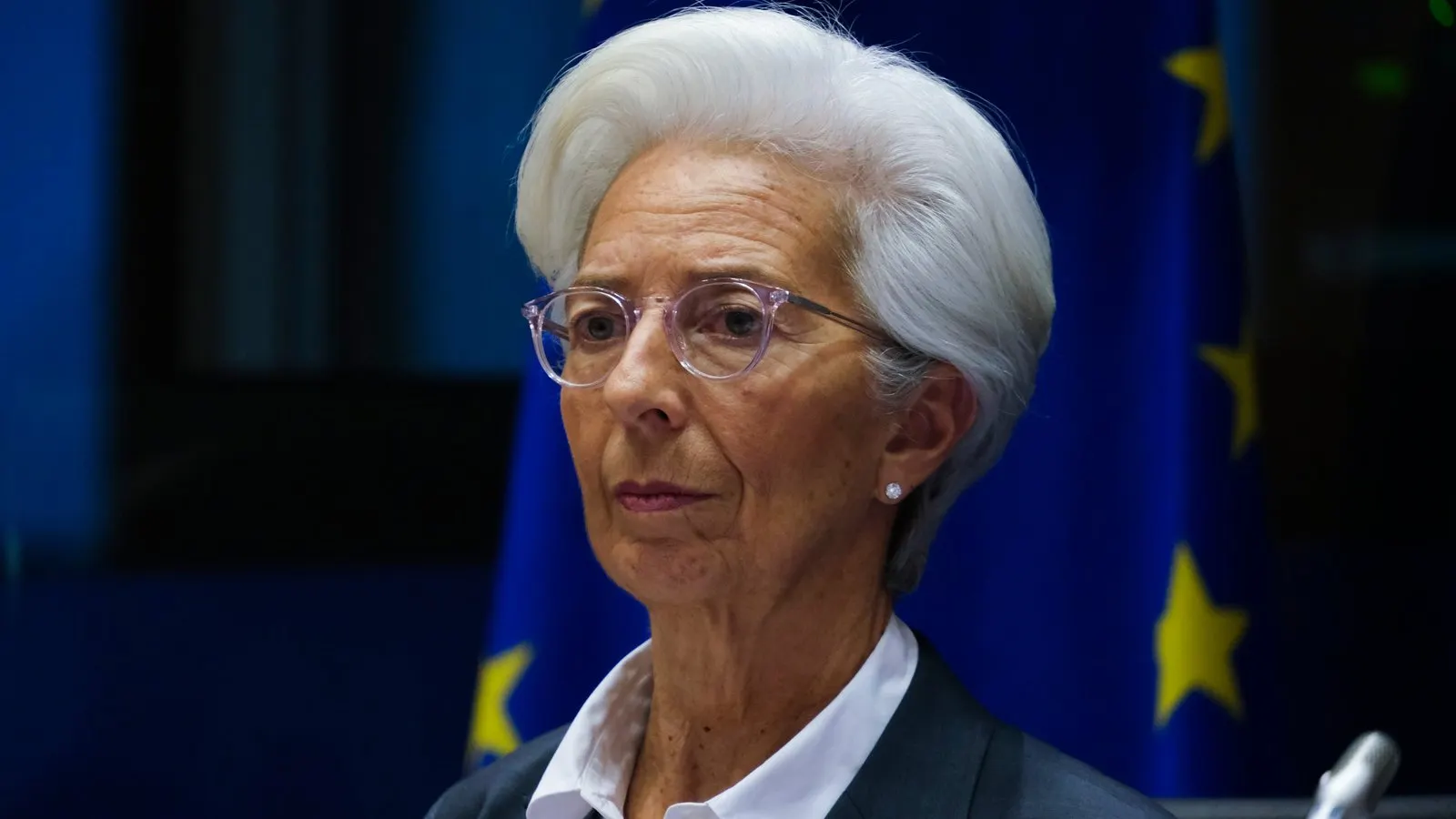Bitcoin (BTC) netted a modest 2% boost on Thursday following the European Central Bank (ECB) signaled that its tenth consecutive hike to its main interest rate may be the last.
“Based on its current assessment, the Governing Council considers that the key ECB interest rates have reached levels that, maintained for a sufficiently long duration, will make a substantial contribution to the timely return of inflation to the target,” wrote the ECB in a Thursday announcement, boosting three key ECB interest rates by 0.25%.
After the hike, the central bank’s rate for its main deposit facility is now 4%, up from -0.5% in June 2022. Analysts were already skeptical of whether the ECB would tighten rates again at its September meeting, with markets pricing 63% odds of a hike going through Thursday morning.
The current rate still doesn’t match inflation, which the European Central Bank expects to average 5.6% in 2023 before simmering to 3.2% in 2024. These are upward revisions from the ECB’s prior projections, due to a now higher projected pathway for energy prices.
“Underlying price pressures remain high, even though most indicators have started to ease,” the EBC noted. “Financing conditions have tightened further and are increasingly dampening demand, which is an important factor in bringing inflation back to target.”
The central bank now expects euro area economic growth to contract substantially, slowing to 0.7% this year, and 1.0% in 2024.
Rising rates from the European Central Bank, Federal Reserve, and other monetary authorities have washed away investment in risk assets—including stocks and crypto—since last year. Bitcoin temporarily rebounded above $30,000 in March 2023 after the Federal Reserve launched its Bank Term Funding Program (BTFP) as a liquidity lifeline for banks at risk of contagion from Silicon Valley Bank’s failure that month.
While many expect Bitcoin to rebound once central banks reverse course, BitMEX co-founder Arthur Hayes believes Bitcoin can win in both high and low-interest rate environments.
In a blog post on Monday, he outlined how the peculiar state of the economy is causing real yields on bonds to remain negative despite rising interest rates, which potentially make risk assets like Bitcoin more attractive for yield.
“As GDP growth continues to outpace bond yields, inflation will rise from its current “depressed” levels and be sticky in the high single digits,” he predicted.

